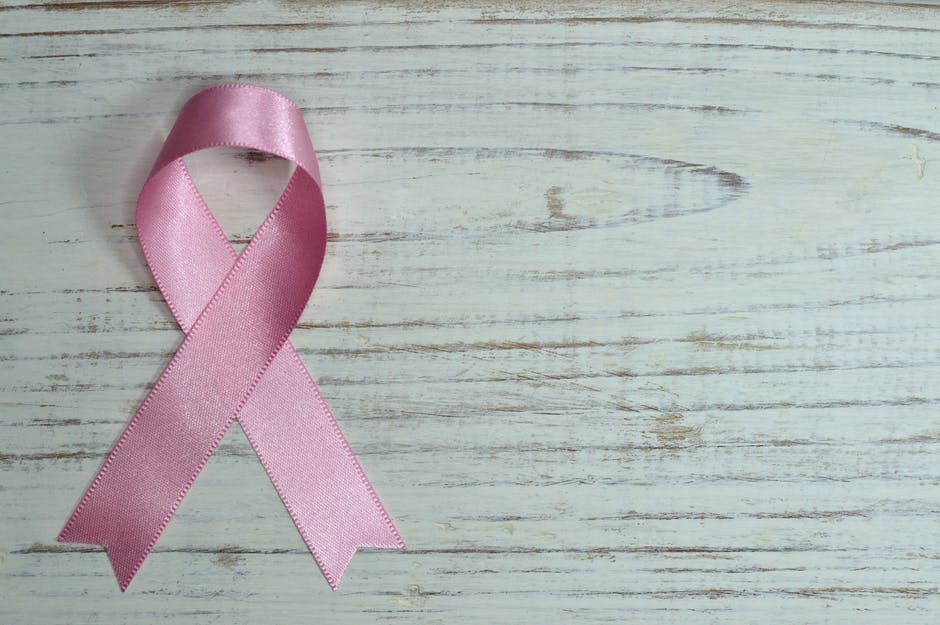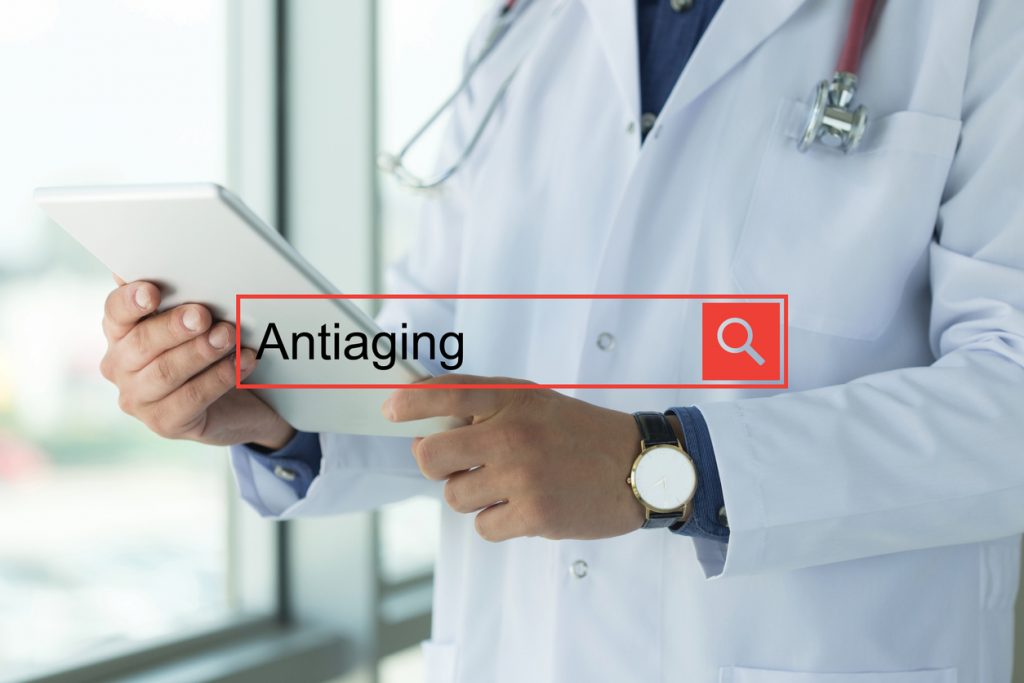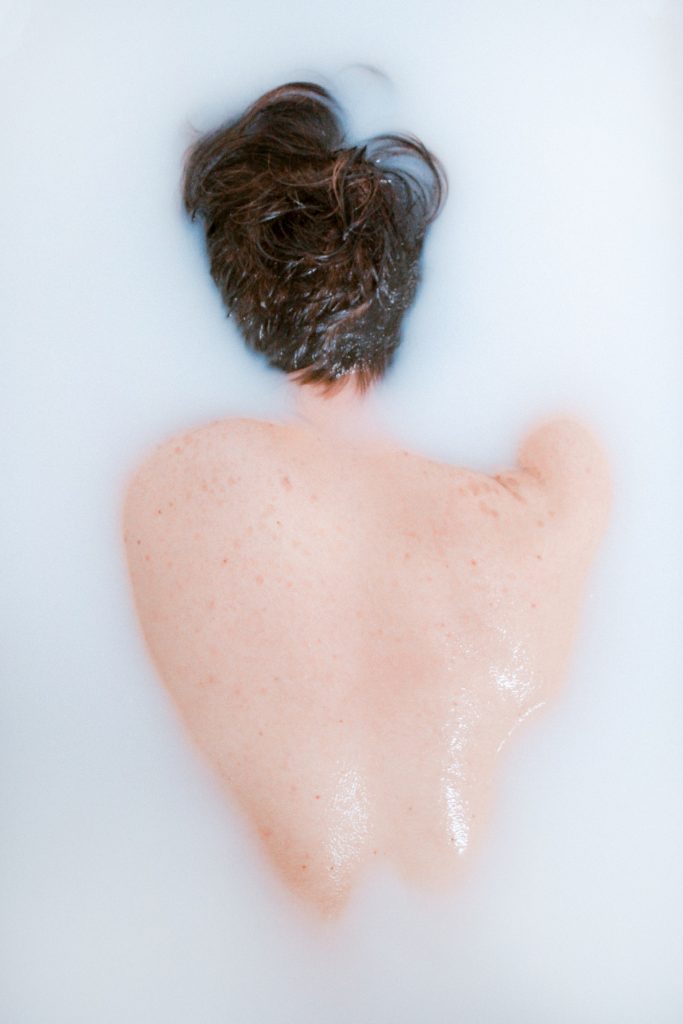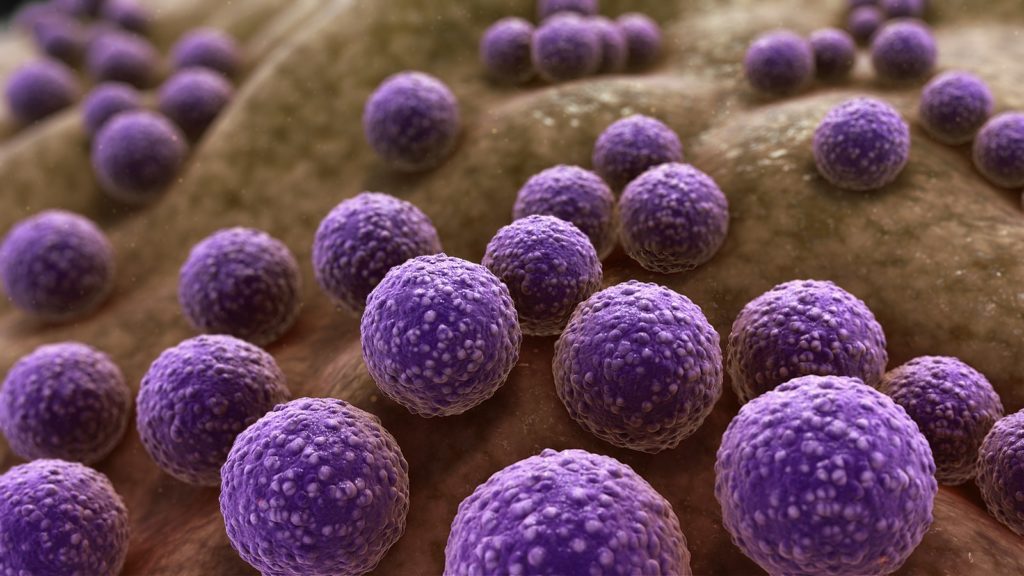On any given day some of us are going to scratch, cut or graze ourselves somehow. It’s pretty much just part of being alive on this planet.
Most of the time when we do sustain a wound, most typically at sport or out in the garden, it’s going to heal up without too much to do. Seriously it sounds a little bit trite but a lot of things will do quite well if you just put a little bit of antiseptic on and put a band-aid over it and in a couple days time most minor wounds will heal up quite well.
The biggest risk with wounds is that they might get infected. Now, I’ve got to stress that the vast majority will not.
Ok. How do we know if a wound is getting infected? Generally speaking it will start to go red around the edges. Now, every wound will be a little bit red. And the reason for that is when you do injure yourself part of the body’s repair process is to direct more blood to the area. And it sends some healing cells, the white blood cells and also other aspects for the body to repair itself. That’s how it heals up. But if it’s getting red further and further from the edges that can be a sign of infection, also if the area is getting hot further away from the actual wound site, and if it’s spreading out. Those are probably the two keys
The other pointer, and again it’s not an absolute unfortunately, is that an infected wound would tend to be more painful. Now, we know when we cut ourselves or scratch ourselves it’s going to be a little bit sore and painful. ut an infected wound over ensuing days rather than becoming less painful will probably become more painful. The other hallmark sign can be the development of some puss or mark in the centre of the wound. Now, not every time you see some yellow fluid in a wound does it mean it’s infected. But certainly, if it’s a little bit thicker then it may well be.
Some people are a little bit more prone to infected wounds. And that’s the elderly; people who have problems with circulation, and that’s especially on the lower legs; people with kidney problems or people who’ve got diabetes are at greater risk of wound infection. Again doesn’t mean that that has to be the case or that if there aren’t any of those things that it can’t happen.
The nature of the wound can be a factor. So if it’s a jagged wound, if people injured themselves with angled grinders, which are probably the worst for this, that might make the wound a little bit more prone to infection, and if dirt gets into it as well. So basic first aid with any sort of wound, cleaning and washing it out remains a very good preventative measure in terms of wound infection.
Get on top of your general health
Find and instantly book affordable GPs within Australia
With any wound if it’s not healing up as you’d hope over a few days, then it’s worth going along to see your doctor. Now, I should say we’re talking about minor cuts and grazes here not conditions that might need suturing (stitches), which is a whole different issue. So, if it’s not healing up according to plan, then yes, go along and see your doctor. They can have a look at it and in a lot of instances it may just require a short course of an antibiotic. In some cases your doctor may recommend a particular dressing put on it, and they will often do that at the surgery there, or, maybe more correctly, the practice nurse will do that. There are some particular dressings that can help and are used, particularly for infected wounds, a short course of antibiotics as well. With that most infections in the skin will heal up reasonably promptly.
For children, it may be quite important for them to not do too much running around or play whilst they do have an infected wound, especially if it’s on the legs, but in most instances they can be out and about again after a few days.
In adults it may be recommended, if there is an infection, particularly on the legs that you rest with the leg up, again it will depend on individual circumstances.
So, to sum up: most wounds are going to heal quite nicely and there won’t be any problems. Very basic first aid really does remain the key. However, if it’s not going according to plan, if it’s getting red and hot, maybe there’s discharge or puss, or it’s not going well, then go along and see your doctor. If it is infected, treatment is not going to be particularly difficult, and in the vast majority of instances successful in a short space of time.
All content and media on the HealthEngine Blog is created and published online for informational purposes only. It is not intended to be a substitute for professional medical advice and should not be relied on as health or personal advice. Always seek the guidance of your doctor or other qualified health professional with any questions you may have regarding your health or a medical condition. Never disregard the advice of a medical professional, or delay in seeking it because of something you have read on this Website. If you think you may have a medical emergency, call your doctor, go to the nearest hospital emergency department, or call the emergency services immediately.







